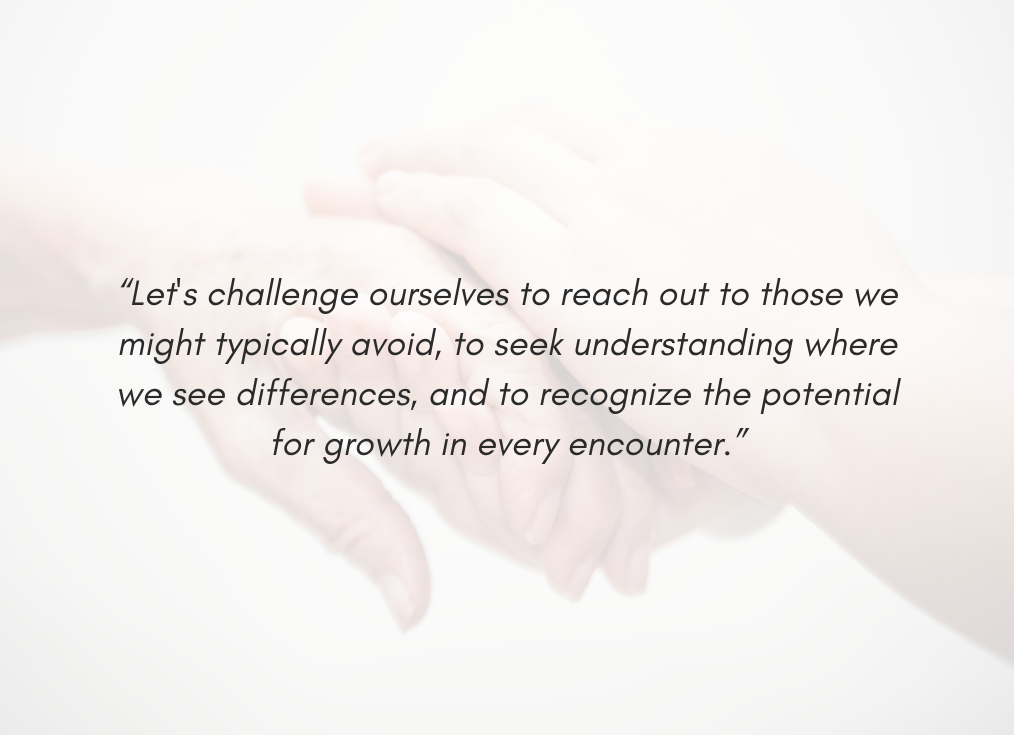Beyond the Resume

August 9, 2024
Av 5, 5784
In this week’s Torah portion, Devarim, we encounter a profound lesson on leadership and human relationships that resonates deeply with our modern world. The portion opens the fifth book of the Torah, Deuteronomy, with Moses recounting key events from the Israelites’ journey through the wilderness. Among these recollections is a pivotal moment when Moses, overwhelmed by the responsibility of leading and judging the people alone, appoints judges and magistrates to assist him.
In Deuteronomy 1:13, Moses recounts his instructions to the people: “Pick from each of your tribes, candidates who are wise, known, and experienced.” This verse encapsulates three essential characteristics of ideal leadership that are just as relevant today as they were thousands of years ago.
The first characteristic, wisdom, goes beyond mere knowledge. It represents the ability to apply life lessons across various situations. In today’s context, wisdom often reveals itself during the interview process. A wise candidate demonstrates not just what they know, but how they can adapt and apply their knowledge to new challenges.
…
The second trait, being “known,” speaks to one’s reputation and standing in the community. How do others perceive us? What name have we made for ourselves in our field and among our peers? In modern hiring practices, this aspect is often explored through reference checks, where others vouch for our character and abilities.
Finally, experience refers to our subject matter expertise – essentially, our professional resume. It showcases our practical knowledge and skills acquired over time, demonstrating our capability to handle the tasks at hand.
Interestingly, these same three characteristics often guide us in our personal relationships as well. When we meet new people and consider building friendships or professional relationships, we subconsciously evaluate them based on similar criteria.
How often do we play the “Degrees of Separation” game when first encountering someone new? We seek common connections, recognizing that shared acquaintances can vouch for a person’s character and reliability. This mirrors the concept of being “known” in our verse.
As we engage in conversation, we naturally explore the other person’s life experiences and worldviews. We assess their wisdom, looking for compatibility and shared perspectives. This process helps us gauge the potential depth and value of the relationship.
Finally, we delve into the specifics of what we hope to gain from the interaction. We consider the person’s expertise and experience, much like evaluating a candidate’s professional qualifications. This helps us understand how the relationship might benefit us and what we can offer in return.
The Torah’s wisdom reminds us that every relationship falls on the spectrum of human interactions. Some connections may be deep and lasting, while others might be more casual or professional. The key is to approach each relationship with openness and positivity, even when we might not have much in common with the other person.
In today’s increasingly polarized world, there’s a dangerous tendency to categorize people as “other” or “enemy” based on superficial differences. When we do this, we close off opportunities for growth, understanding, and mutual benefit. We risk creating a society of isolated groups, unable to communicate or empathize with one another.
Therefore, let us heed the lesson from Devarim and strive to keep all our relationships healthy and within reach. Let’s evaluate others not just for what they can do for us, but for the wisdom they possess, the reputation they’ve built, and the experiences they bring. By doing so, we create a more connected, understanding, and harmonious community.
As we reflect on this teaching, let us commit to nurturing positive relationships across all spectrums of human interaction. Let’s challenge ourselves to reach out to those we might typically avoid, to seek understanding where we see differences, and to recognize the potential for growth in every encounter. In doing so, we honor the timeless wisdom of the Torah and contribute to a more united and compassionate world. Because we are…
Shabbat Shalom.

